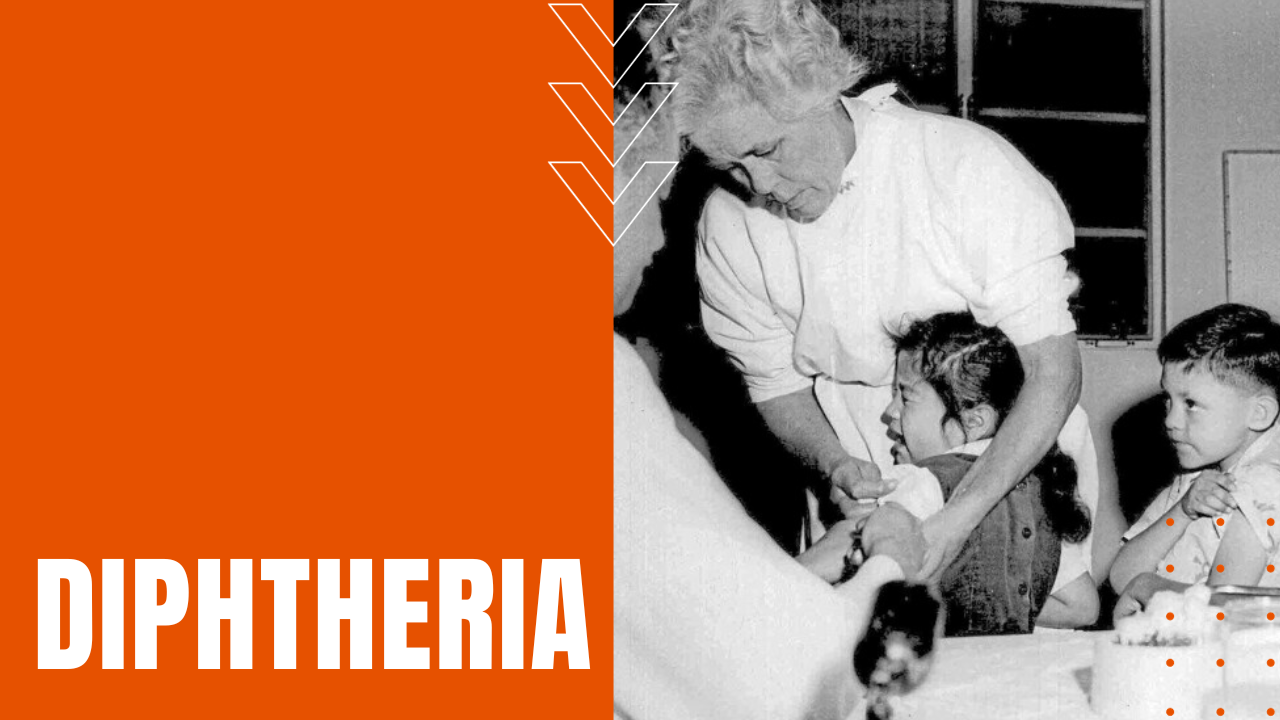-
November 21, 2023
The Life of Whales
Whales, marine mammals descended from land relatives like the hippopotamus, vary greatly in size, with the massive blue whale being the largest known animal on Earth. They have diverse reproductive habits and migration patterns. Two whale groups are Mysticeti (baleen whales) and Odontoceti (toothed whales), with distinct feeding methods. Whales are known for their complex communication and were heavily hunted for resources in the past.
-

-
November 20, 2023
Robert Koch
Robert Koch was a German physician and microbiologist who is known for his work in the field of bacteriology. He is credited with discovering the bacteria that causes tuberculosis and developing techniques for isolating and studying bacteria.
-

-
November 16, 2023
Click Chemistry Fights Cancer
Click chemistry is being used to develop new drugs that can specifically target cancer cells. This method allows for the creation of molecules that can selectively bind to cancer cells, leading to more effective and less toxic treatments for cancer patients.
-

-
November 9, 2023
Adoptive Cell Transfer Therapy
Adoptive Cell Transfer Therapy is a treatment that involves collecting and modifying a patient’s own immune cells to target and kill cancer cells. This personalized approach has shown promising results in treating certain types of cancer.
-

-
October 30, 2023
Joseph Lister
Joseph Lister is known as the Father of Modern Surgery. He introduced antiseptic techniques to prevent infection during surgeries, revolutionizing the field of medicine. His contributions have greatly improved patient outcomes and set the foundation for modern surgical practices.
-

-
October 11, 2023
The Life of Bears
A bear is a large mammal belonging to the family Ursidae. They are known for their stocky build, shaggy fur, and strong limbs. Bears are found in various habitats across the world and are known for their ability to hibernate during winter months.
-

-
October 5, 2023
Diphtheria
Diphtheria is a bacterial infection that primarily affects the throat and nose. It can cause a thick, gray coating to form in the throat, making it difficult to breathe. It can also lead to complications such as heart and nerve damage. Vaccination is the most effective way to prevent diphtheria.
-
